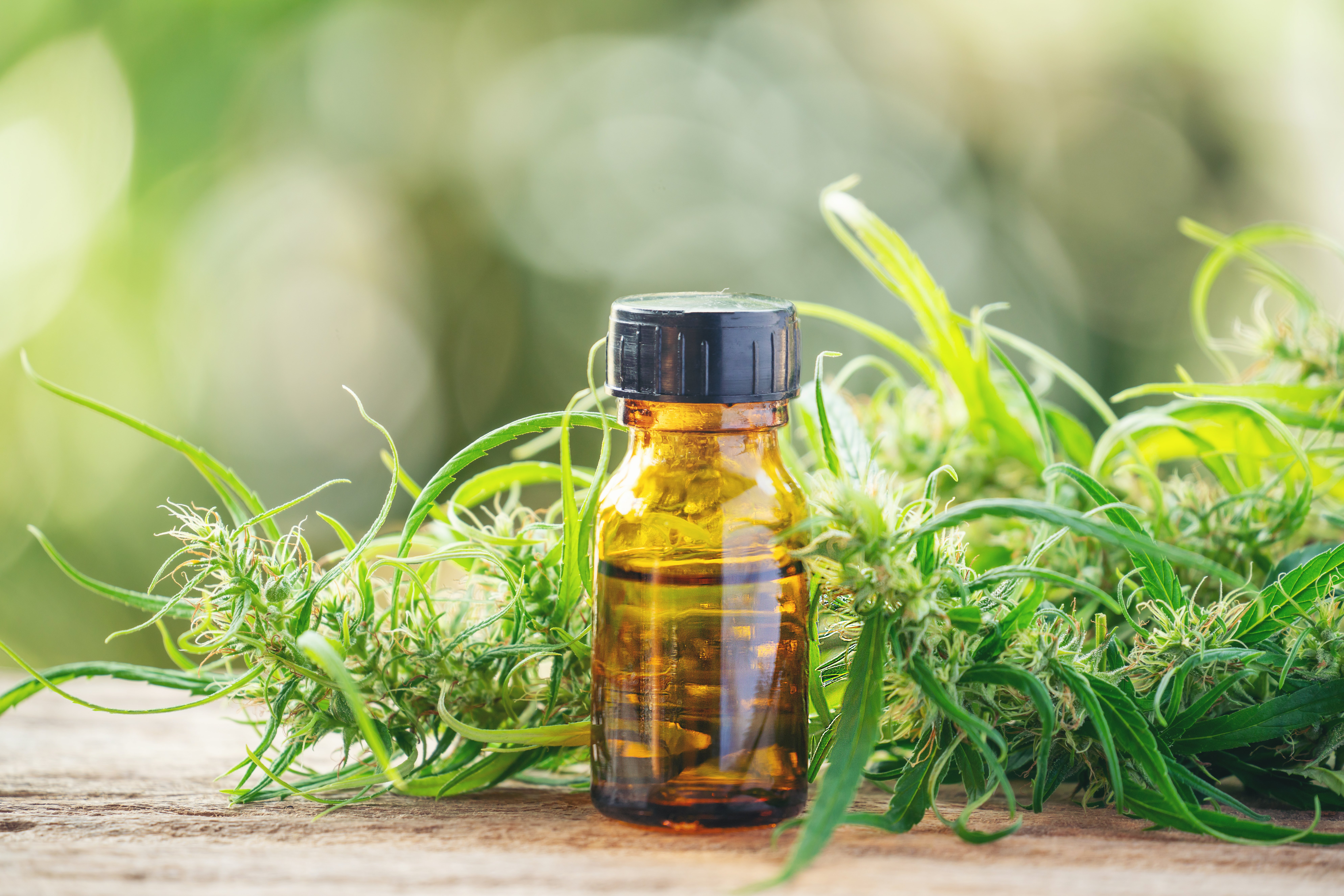Intro to CBD: A few ways CBD oil can benefit seniors
by Megan Marolf | Aug 12, 2021 | senior health, mental health and seniors, cbd oil use for seniors | 0 Comments
What is CBD?
CBD stands for cannabis oil, which is a compound found in the cannabis or marijuana plant.
The cannabis plant produces the compound cannabis oil as well as THC, which stands for Tetrahydrocannabinol. CBD has some of the same health benefits as THC, but you can’t get “high” from its psychoactive effects.
CDB is nonaddictive and doesn’t cause intoxication.
The earliest recorded use of medicinal cannabis dates back to 2737 B.C. when the emperor Shen Neng of China began recommending marijuana tea to treat gout, malaria and poor memory.
The drug’s popularity then spread throughout Asia, the Middle East, Africa and India. Fast forward thousands of years, and colonists in Jamestown were required to grow cannabis.
Then the Food and Drug Administration was formed in the early 1900s in response to morphine addiction, thereby regulating chemical substances. In 1914, drug use was defined as a crime.
And about a century after that, a federal bill legalized CBD products with less than .3% percent of THC, though it’s not legal to use in all states.
Now that you have some history and know CBD’s legal parameters, let’s explore some possible health benefits of CBD use for seniors.
Possible uses of CBD for seniors

There aren’t many high-quality human-focused studies on CBD oil, according to Harvard Health, which makes discussing the exact benefits of CBD tricky. But the ones that do exist seem promising when it comes to the health benefits of CBD.
In a 2018 study from the National Institutes of Health, 60% of people using CBD were doing so to treat a medical condition. The top three of these reported medical conditions were: pain, anxiety and depression.
According to the study, “in preclinical studies, CBD shows potential therapeutic efficacy against a diverse assortment of medical conditions.”
These include:
- Chronic pain
- Seizure disorders
- Anxiety
- Depression
- Inflammation
- Cancer
- Neurodegeneration
Let’s explore a few of these conditions and CBD’s interaction with it.
CBD could help reduce pain and inflammation:
A 2018 study involving mice found that “CBD reduces inflammation by preventing the release of compounds that trigger inflammation in the body.”
While the other cannabis compound THC might contribute to feelings of anxiety and paranoia, CBD oil might do the opposite.
A 2019 study from Science Direct found that CBD oil helped reduce symptoms of anxiety in mice.
Alzheimer’s disease: A 2014 study involving rodents found that CBD use could help people with Alzheimer’s maintain the ability to recognize familiar faces.
Doctors who recommend CBD for their patient’s cancer treatment usually do so for symptom management, according to cancer.gov. Other potential benefits for cancer patients using CBD include: appetite stimulation, improved sleep and pain relief.
Keep in mind the FDA hasn’t approved cannabis as a treatment for cancer or any other medical condition.
Common side effects of CBD
Like any substance, it’s important to know any possible adverse effects.
According to the Mayo Clinic, some risks of CBD use include:
- Dry mouth
- Diarrhea
- Reduced appetite
- Drowsiness
- Fatigue
- Interaction with medications
Another concern is the correct labeling of CBD products, since they aren’t regulated by the FDA. A recent study found that many products contain less CBD than labeled, and some were found to contain THC, the mind-altering compound.

Should seniors use CBD oil?
Well, we’re not going to answer this question for you.
Because of course, you should consult a medical professional about this personal decision.
But we can recommend you to do more research on how CBD oil could lesson symptoms of aging, its side effects and what products might work best for you.
You know your body best and can come to your own conclusions about whether CBD oil might benefit you. For some, it could be part of a comprehensive health strategy to help you feel your best as a senior.
If you’re wondering how caregiving can fit into that strategy, send us a message to info@seacarehomecare.com.
Megan Marolf writes about senior topics and outdoor recreation from her home base in Seattle. You can read more about her here.
Resources:
https://www.ncbi.nlm.nih.gov/pmc/articles/PMC6043845/
https://www.healthline.com/health/best-cbd-for-elderly#research
https://www.medicalnewstoday.com/articles/317221#benefits
https://pubmed.ncbi.nlm.nih.gov/25024347/
https://www.sciencedirect.com/science/article/abs/pii/S0091305718306464
https://www.cancer.gov/about-cancer/treatment/cam/hp/cannabis-pdq
https://www.health.harvard.edu/blog/cannabidiol-cbd-what-we-know-and-what-we-dont-2018082414476
https://leg.mt.gov/content/Committees/Interim/2009_2010/Children_Family/Emerging-Issue/mmga-presentation-cannabis-history-aug2010.pdf
If you or a loved one you know are looking for additional support during this time and are interested in scheduling a free in-home assessment, please contact SeaCare In-Home Care Services today! A SeaCare family member is standing by. 425-559-4339.




0 Comments